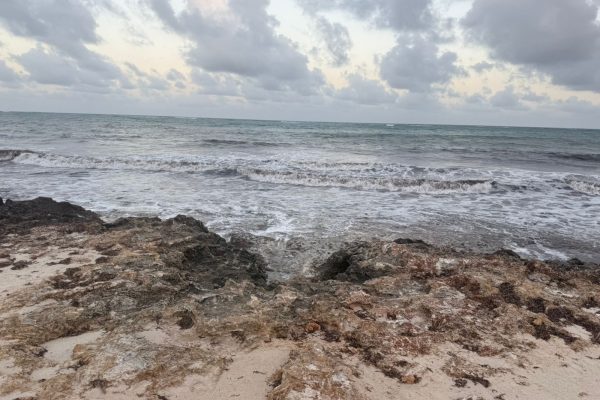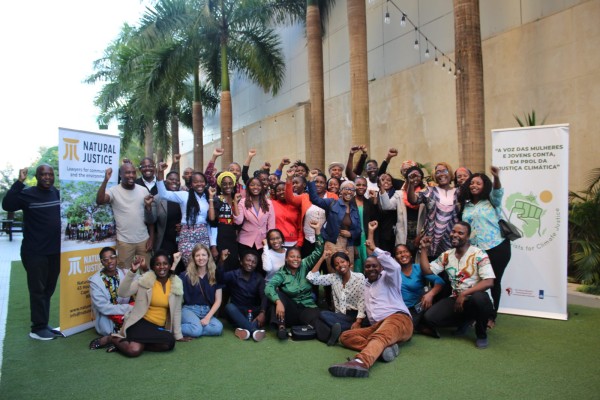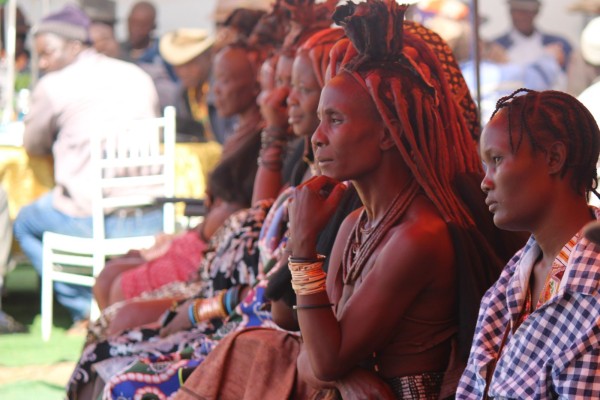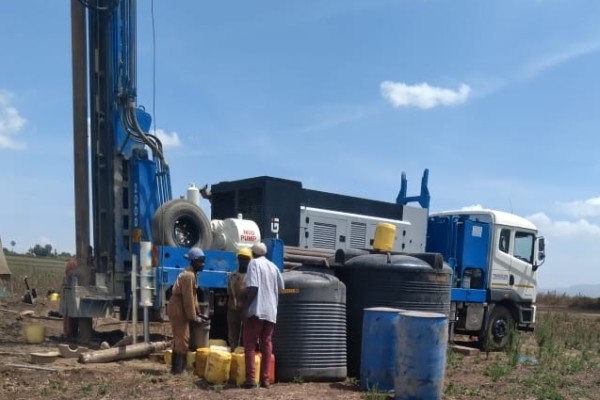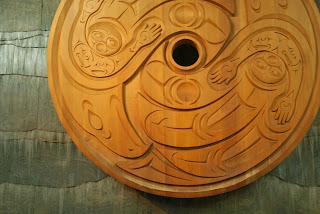
On Tuesday, 1 November at the 7th Working Group on Article 8(j) and Related Provisions (WG8(j)), Natural Justice hosted a roundtable on Indigenous peoples’ territories and community conserved areas. Members of Indigenous peoples and local communities from Zimbabwe, Australia, Canada, and Iran shared their experiences with varying types of legal recognition of collective rights to territories, areas, and resources, recognition of customary governance and management systems, and identity as a function of cultural connection to lands and waters.
Inappropriate forms of recognition and support was a common theme, particularly in cases where government or market-based mechanisms either retain ownership or decision-making power or have the potential to significantly undermine that of communities, primarily due to lack of attention to governance issues and inequitable sharing of costs and benefits. Other major barriers and challenges include far-reaching assimilationist policies, lack of full and effective participation of Indigenous peoples and local communities in decision-making processes that affect them, and a “clash of values” between customary and state legal systems and the collective and individual rights that they respectively elicit.

